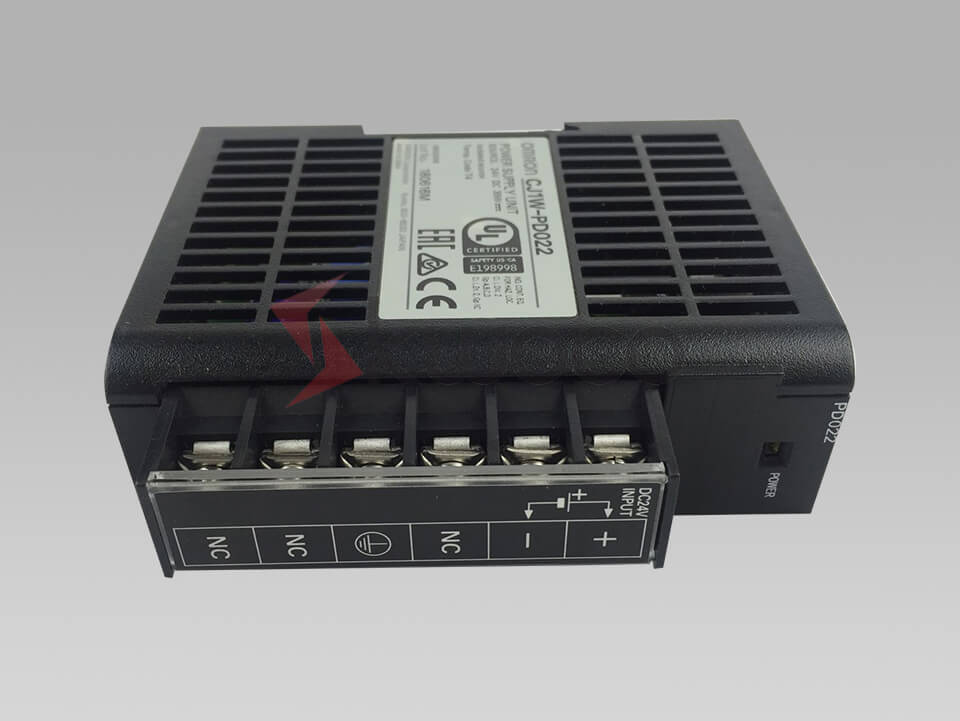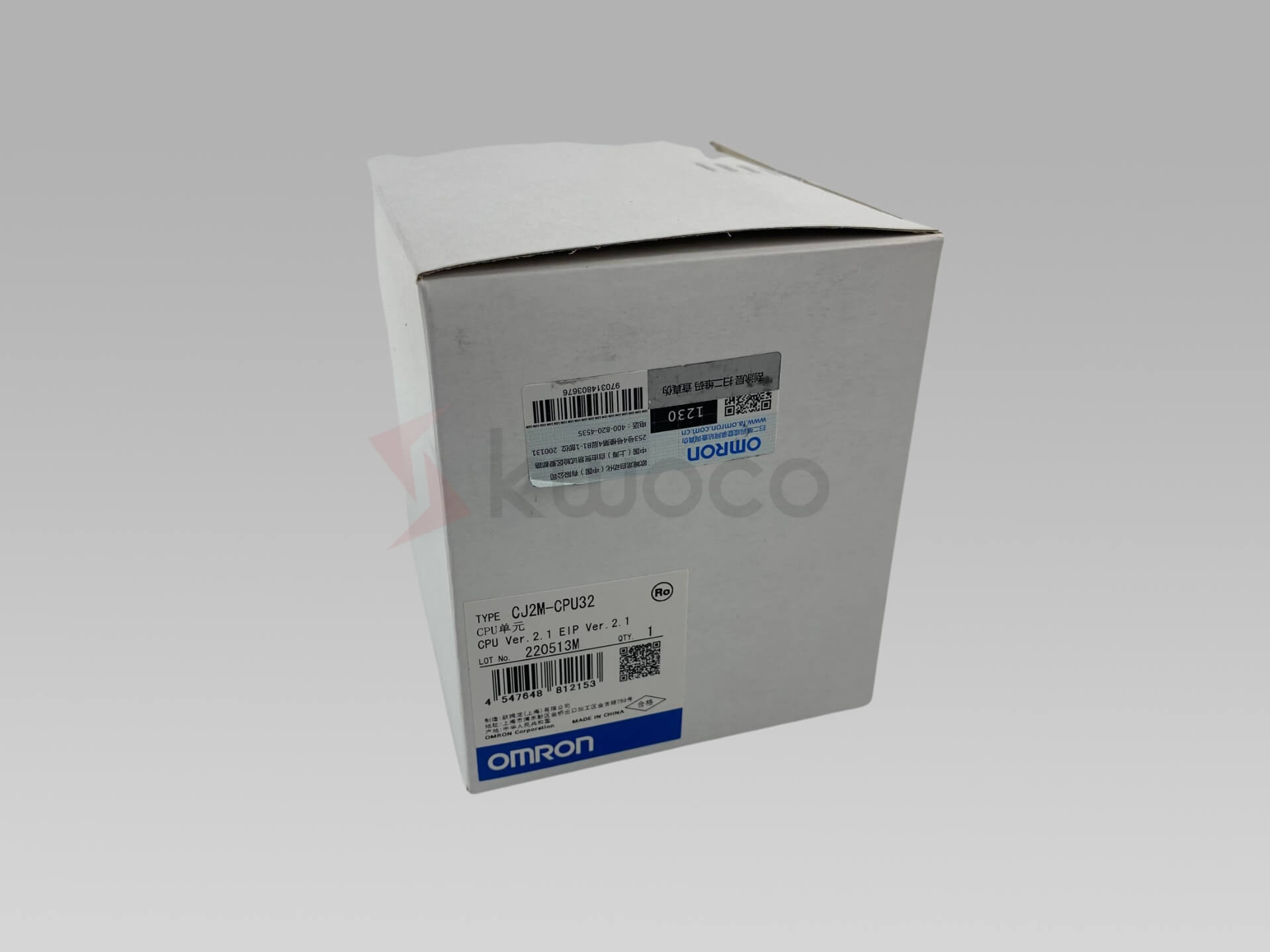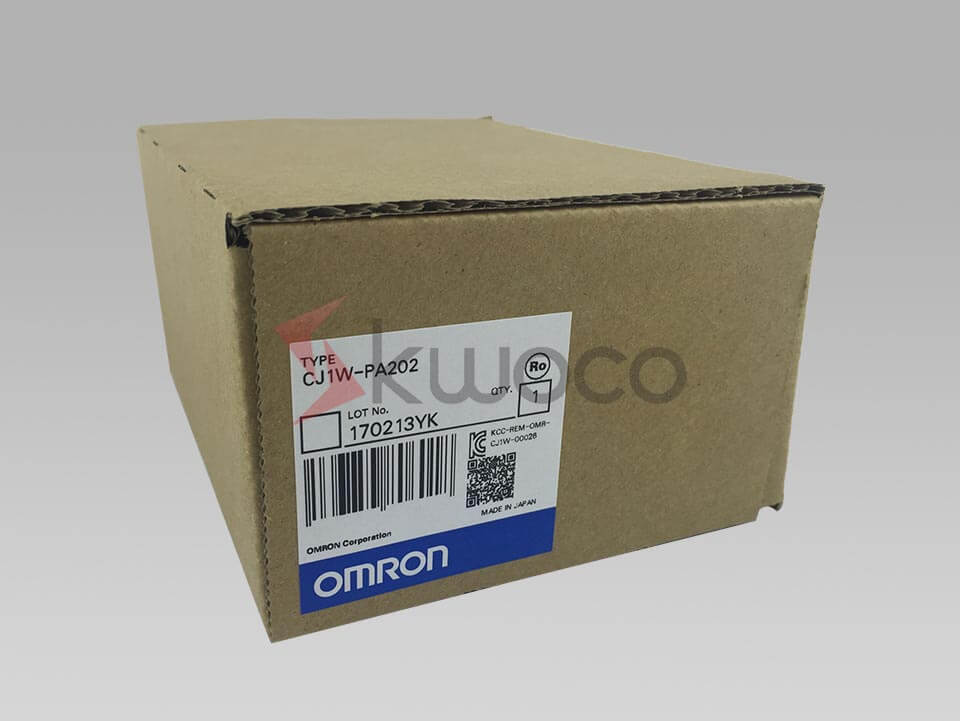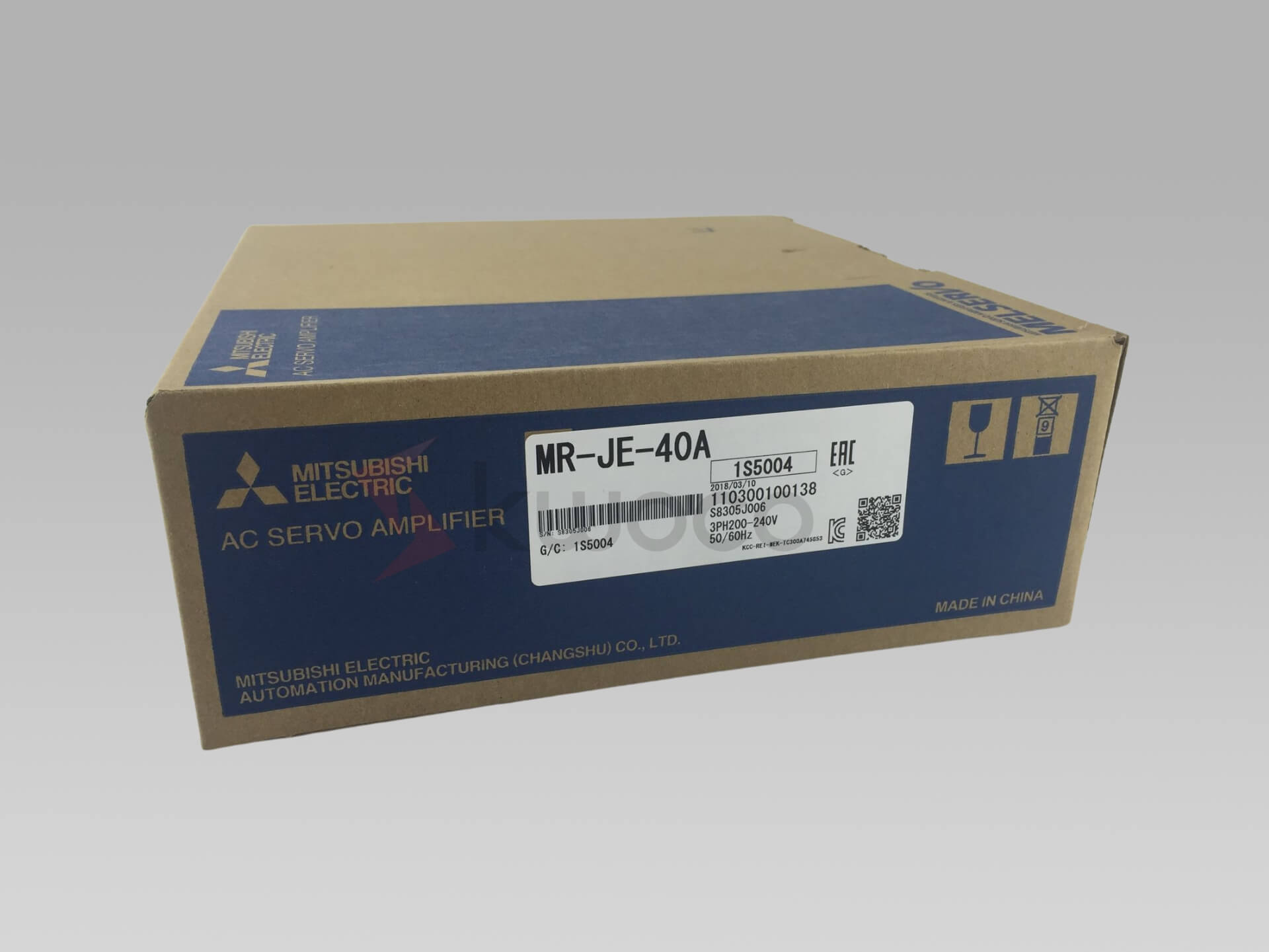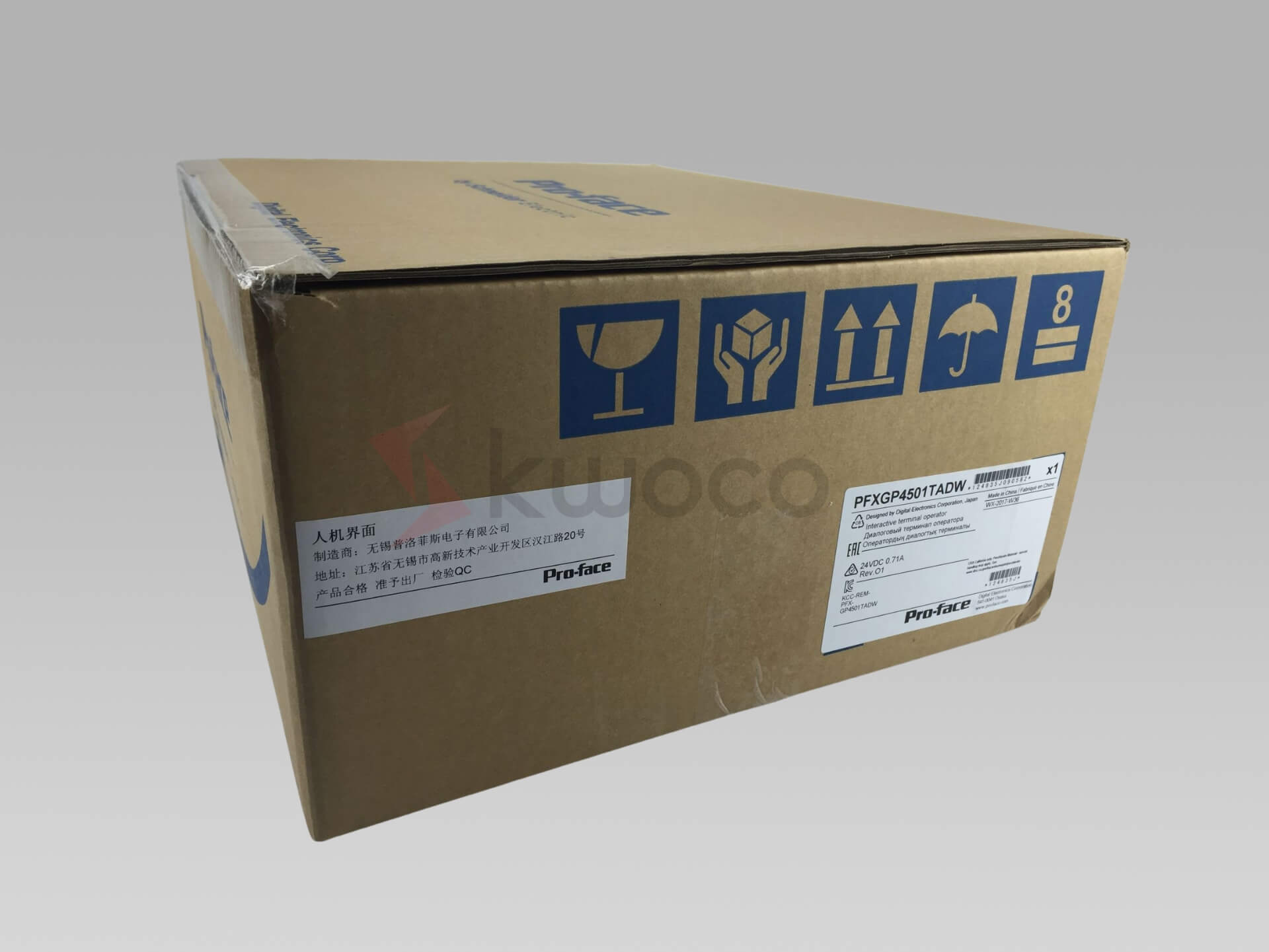Understanding PLC System Integrators: The Key to Effective Control System Integration
Table of Contents
What Is a PLC System Integrator?
A PLC system integrator is a professional or organization specializing in the design and implementation of control systems using Programmable Logic Controllers (PLCs). They are experts in combining various components of a control system, including hardware and software, to create efficient and reliable automated processes.
Key Responsibilities:
- System Design: Crafting customized control system designs that meet specific operational needs.
- Hardware and Software Integration: Selecting and integrating the best hardware and software solutions.
- Optimization: Implementing strategies to optimize performance and reduce downtime.
By partnering with a PLC system integrator, businesses can leverage advanced automation technologies to stay competitive.
Why Is Control System Integration Important?
Control system integration is the process of bringing together all components of a control system to function seamlessly. It’s vital for several reasons:
- Efficiency: Integrated systems streamline operations, leading to improved productivity.
- Reduced Downtime: Proper integration minimizes errors and system failures, reducing downtime.
- Cost Savings: Efficient systems help to reduce costs associated with manual processes and maintenance.
How Do PLC System Integrators Enhance Automation?
How Do PLC System Integrators Enhance Automation?
Expertise in PLCs and Control Systems
- Programmable Logic Controllers (PLCs): Specialists in configuring and integrating PLCs into your control system.
- Controllers and Sensors: Integration of various controllers and sensors to monitor and control processes effectively.
- SCADA and DCS Systems: Implementing Supervisory Control and Data Acquisition (SCADA) and Distributed Control Systems (DCS) for advanced automation.
Optimizing Industrial Processes
- Reduce Downtime: By creating reliable systems, they significantly reduce operational downtime.
- Increase Productivity: Optimized systems lead to higher efficiency and increased productivity.
- Troubleshooting and Support: Providing ongoing support and troubleshooting services to ensure systems remain functional.
Tailored Solutions
- Design Phase Collaboration: Working closely with clients during the design phase to ensure the system meets their specific needs.
- Project Management: Handling all aspects of project management, from inception to completion.
What Industries Benefit from PLC System Integration?
PLC system integrators serve a wide range of industries, including:
Manufacturing
- Small and Large Process Automation: Implementing automation in both small and large-scale operations.
- Industrial Control Systems: Enhancing industrial control systems to improve efficiency.
Energy and Utilities
- Control Systems: Managing complex control systems to ensure consistent energy supply.
- Downtime Reduction: Ensuring critical infrastructure operates with minimal downtime.
Transportation
- Automation Systems: Developing automation systems to improve logistics and transportation efficiency.
How to Choose the Right PLC System Integrator Partner?
Selecting the right system integrator is crucial for the success of your control system projects.
Considerations:
- Experience and Expertise:
- Look for integrators with a proven track record in automation and control system integration.
- Ensure they have expertise with PLCs, SCADA, and DCS systems.
- Partnerships with Leading Brands:
- Integrators who partner with industry leaders like Rockwell Automation can provide advanced solutions.
- Collaborations with companies like Mitsubishi Electric indicate access to cutting-edge technology.
- Comprehensive Services:
- From the design phase to ongoing support, they should offer end-to-end services, including project management.
- Ability to handle everything from system design to implementation and troubleshooting.
- Technological Access:
- Access to the latest hardware and software ensures your system remains up-to-date.
- Can provide solutions like automation-ready panels and retrofit options.
By choosing the right PLC system integrator partner, you can ensure your automation projects are successful and yield the desired improvements in efficiency and productivity.
The Role of PLC System Integrators in Reducing Downtime and Increasing Productivity
- Efficient System Design: Crafting systems that are robust and less prone to failures.
- Ongoing Support and Maintenance: Providing services that keep your control system running smoothly.
- Advanced Automation Techniques: Implementing solutions like retrofit options to modernize existing systems.
Frequently Asked Questions
A PLC system integrator is a professional who specializes in control system integration using PLCs. They design, implement, and maintain control systems to automate and optimize industrial processes, reducing downtime and increasing productivity.
Control system integration streamlines your operations by ensuring all components work together seamlessly. This leads to improved efficiency, reduced downtime, and cost savings.
Partnering with a PLC system integrator provides access to specialized expertise, the latest hardware and software, and comprehensive services from design to ongoing support, helping you optimize your operations.
Yes, they can retrofit existing systems to enhance functionality, incorporate new technologies, and improve overall efficiency without the need for complete replacement.
Industries such as manufacturing, energy, utilities, and transportation, among others, can benefit from the services of PLC system integrators, as they help optimize industrial processes and improve operational efficiency.
Power your projects with brand-new, original Omron, Mitsubishi, Schneider PLC – in stock, ready now!
Conclusion
- PLC system integrators are essential for effective control system integration in industrial automation.
- They help optimize processes, reducing downtime and increasing productivity.
- Choosing the right system integrator involves considering their expertise, partnerships, and service offerings.
- Control system integration benefits a wide array of industries by enhancing efficiency and reducing costs.
- Ongoing support from integrators ensures systems remain functional and up-to-date.
By understanding the importance of PLC system integrators, businesses can make informed decisions to enhance their operations through advanced automation technologies.
Contact Us
Just fill out your name, email address, and a brief description of your inquiry in this form. We will contact you within 24 hours.
You May Also Find These Topics Interesting
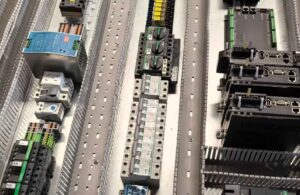
Resistive vs Capacitive Touchscreens: Which Is Right for You?
Touchscreens have become an integral part of our daily lives, from smartphones and tablets to industrial control panels. With various types of touchscreens available, understanding the differences between them is crucial. This article explores resistive and capacitive touchscreens, helping you determine which touch screen is right for your application.

Complete Guide to Photoelectric Sensor Wiring and Troubleshooting
Are you struggling with photoelectric sensor installation and configuration? This comprehensive guide will walk you through everything you need to know about wiring, setting up, and troubleshooting photoelectric sensors in industrial automation applications.
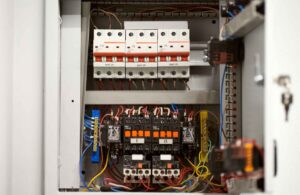
What is an Electrical Control Panel? Key Insights Explained
An electrical control panel is a crucial component in industrial automation, serving as the nerve center for controlling and monitoring various electrical devices. This article delves into the basics of electrical control panels, their components, and their significance in ensuring efficient and safe operations in industrial settings.


